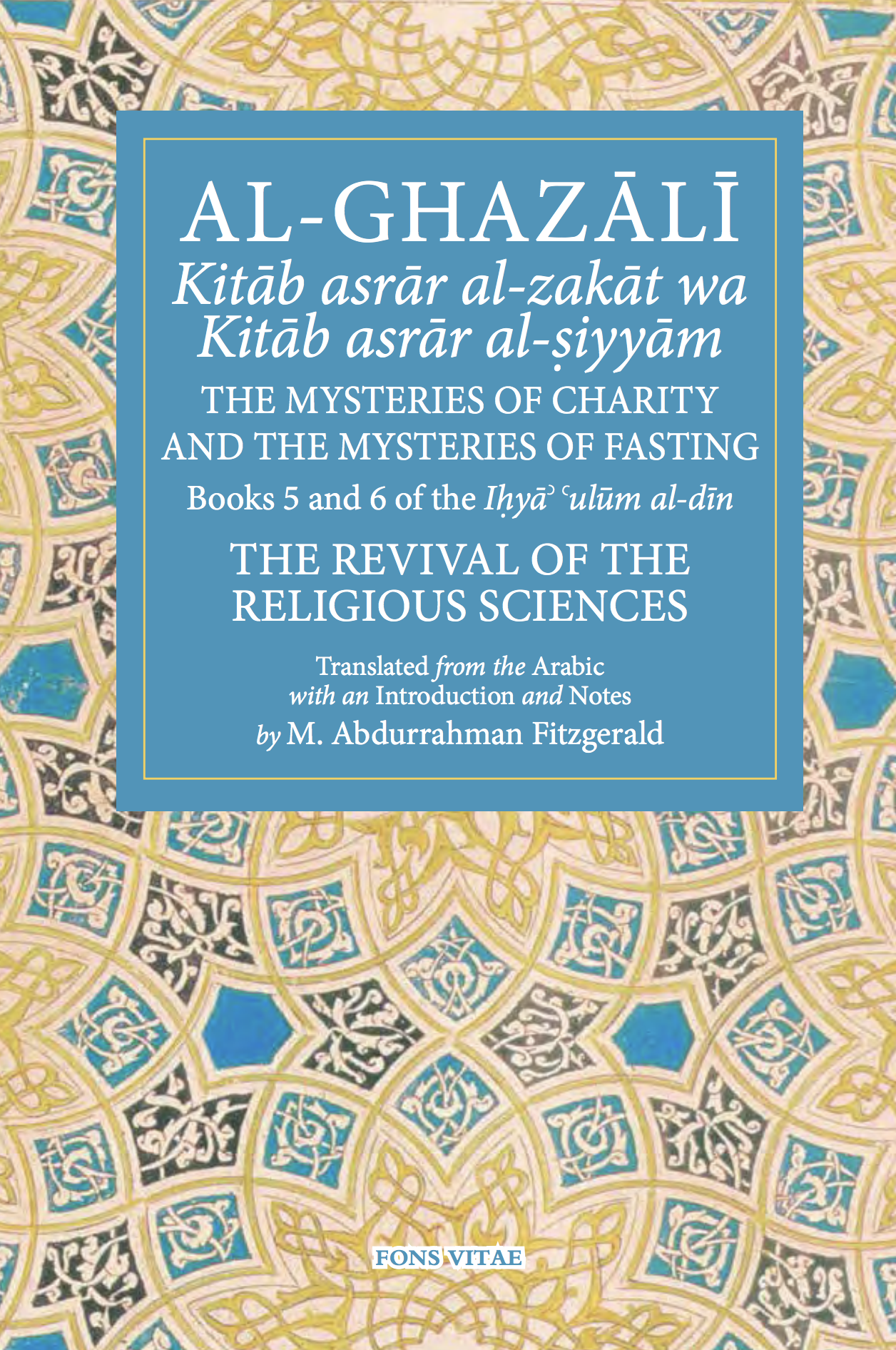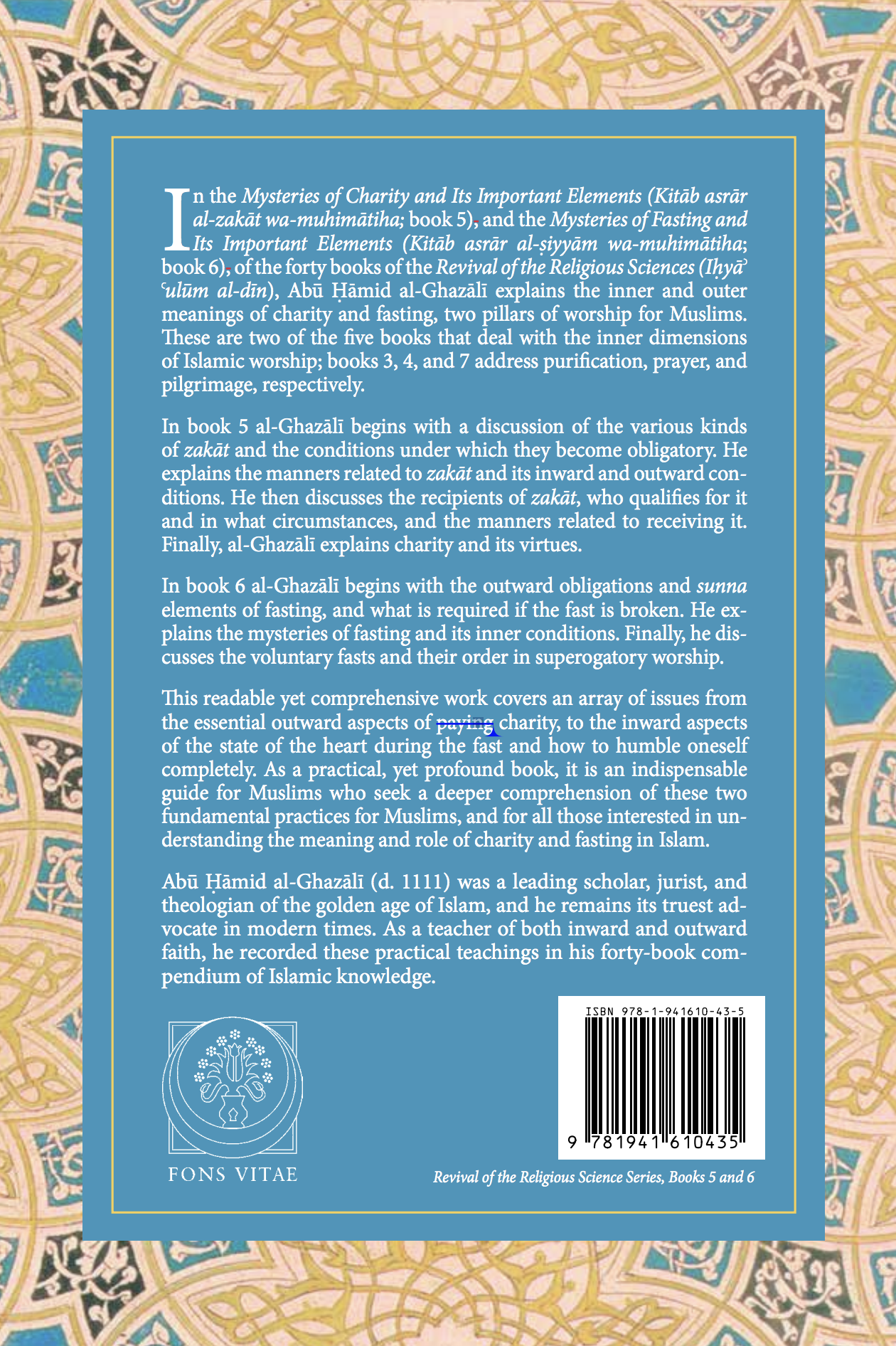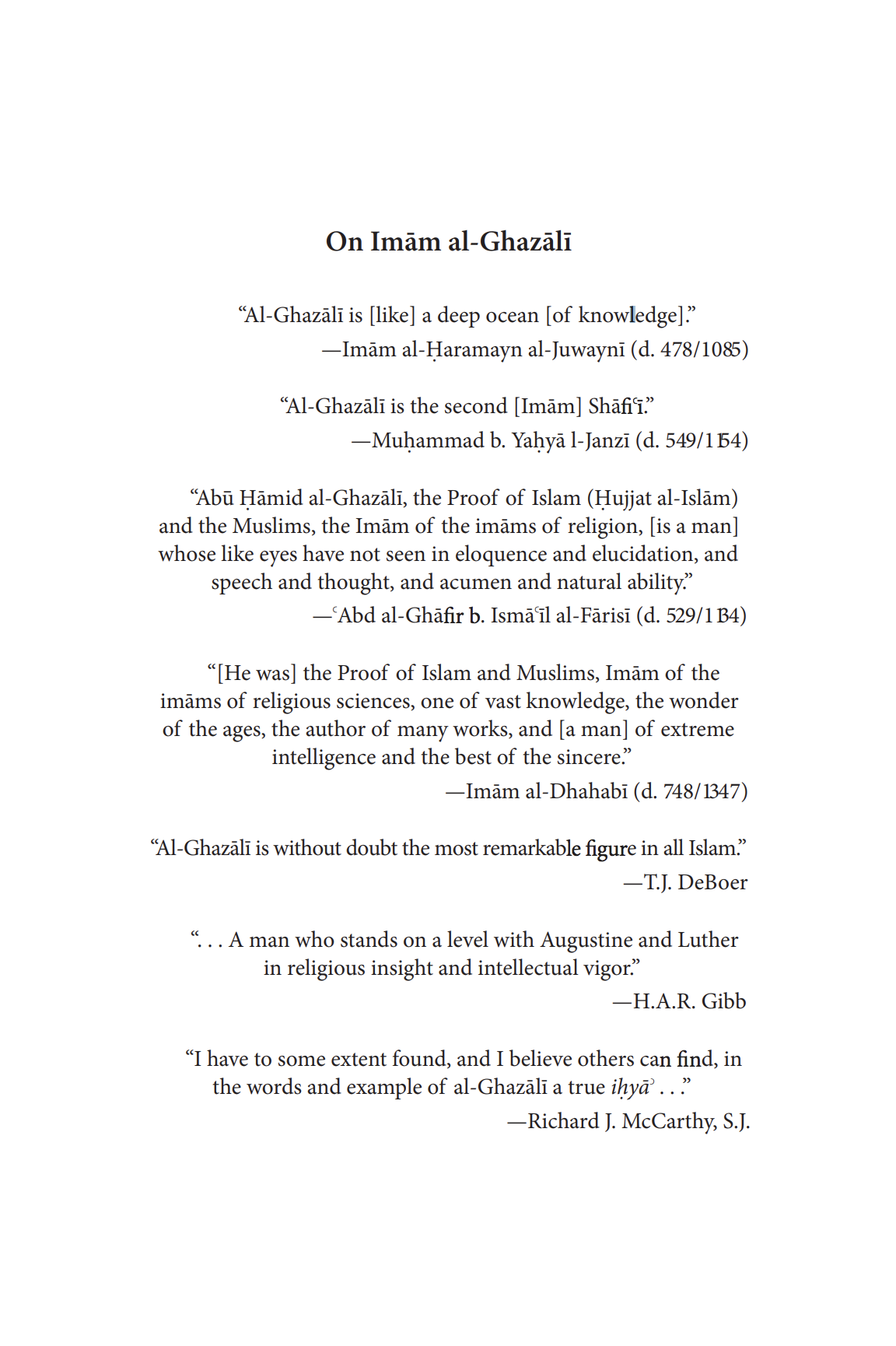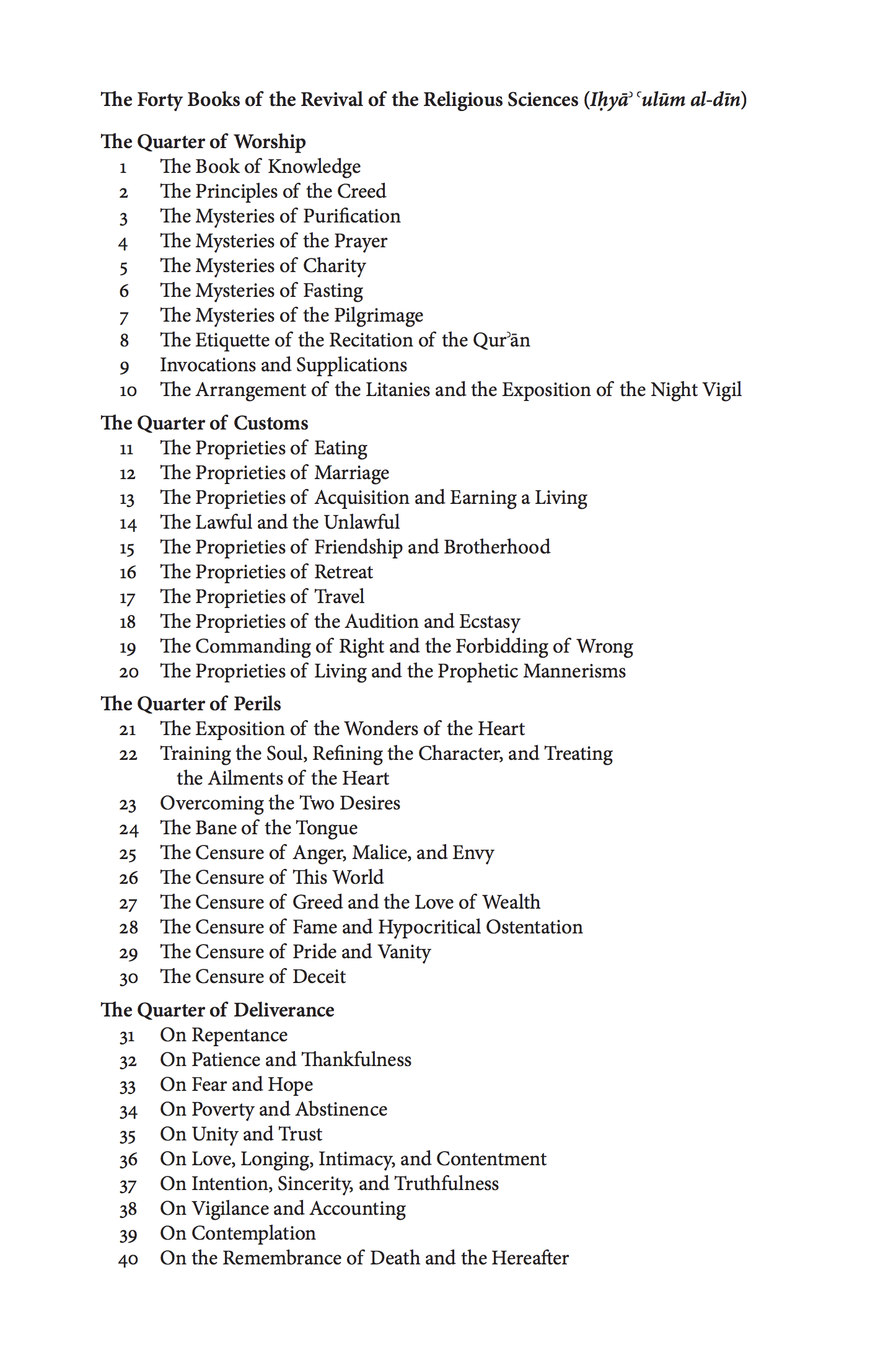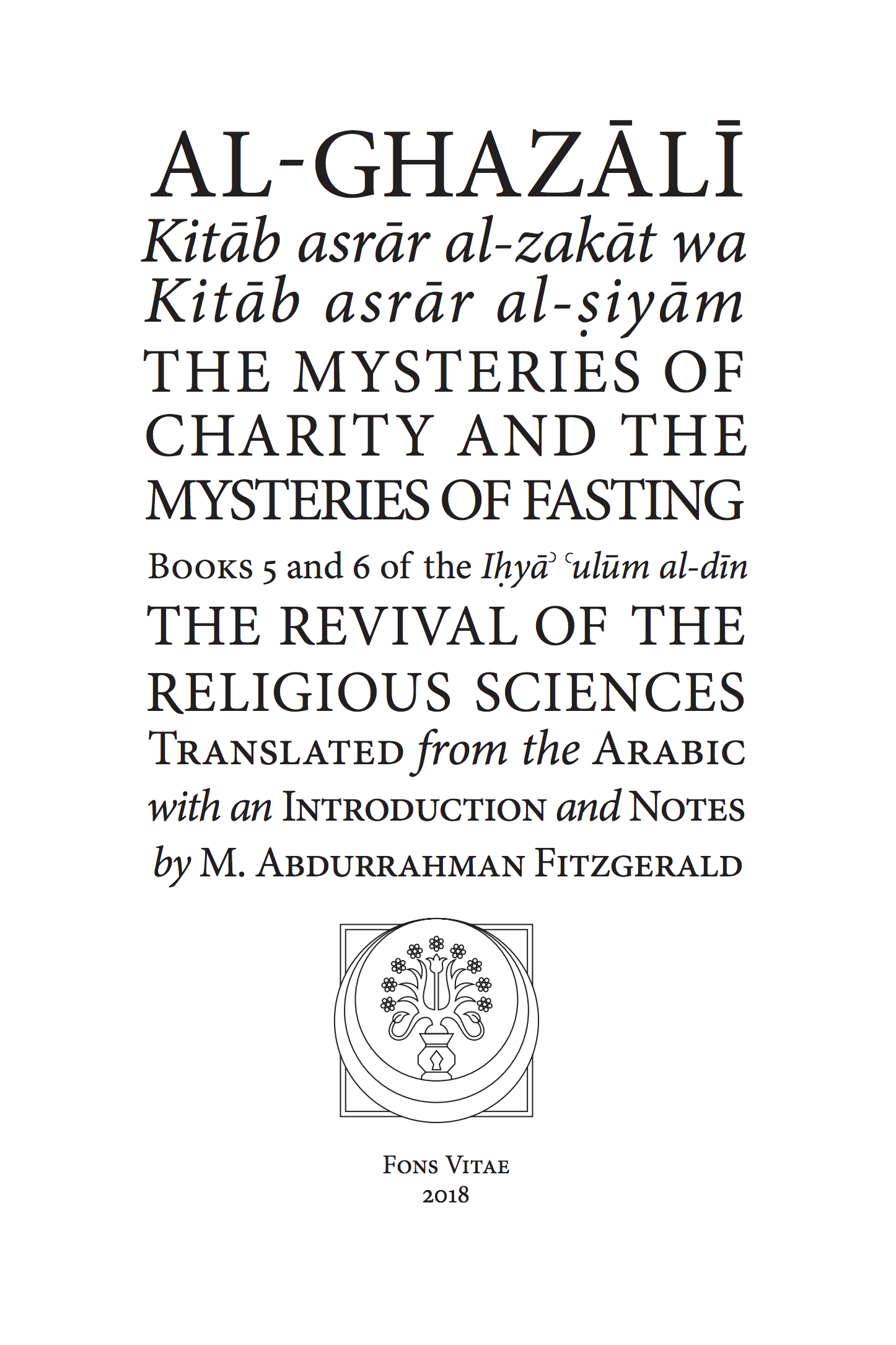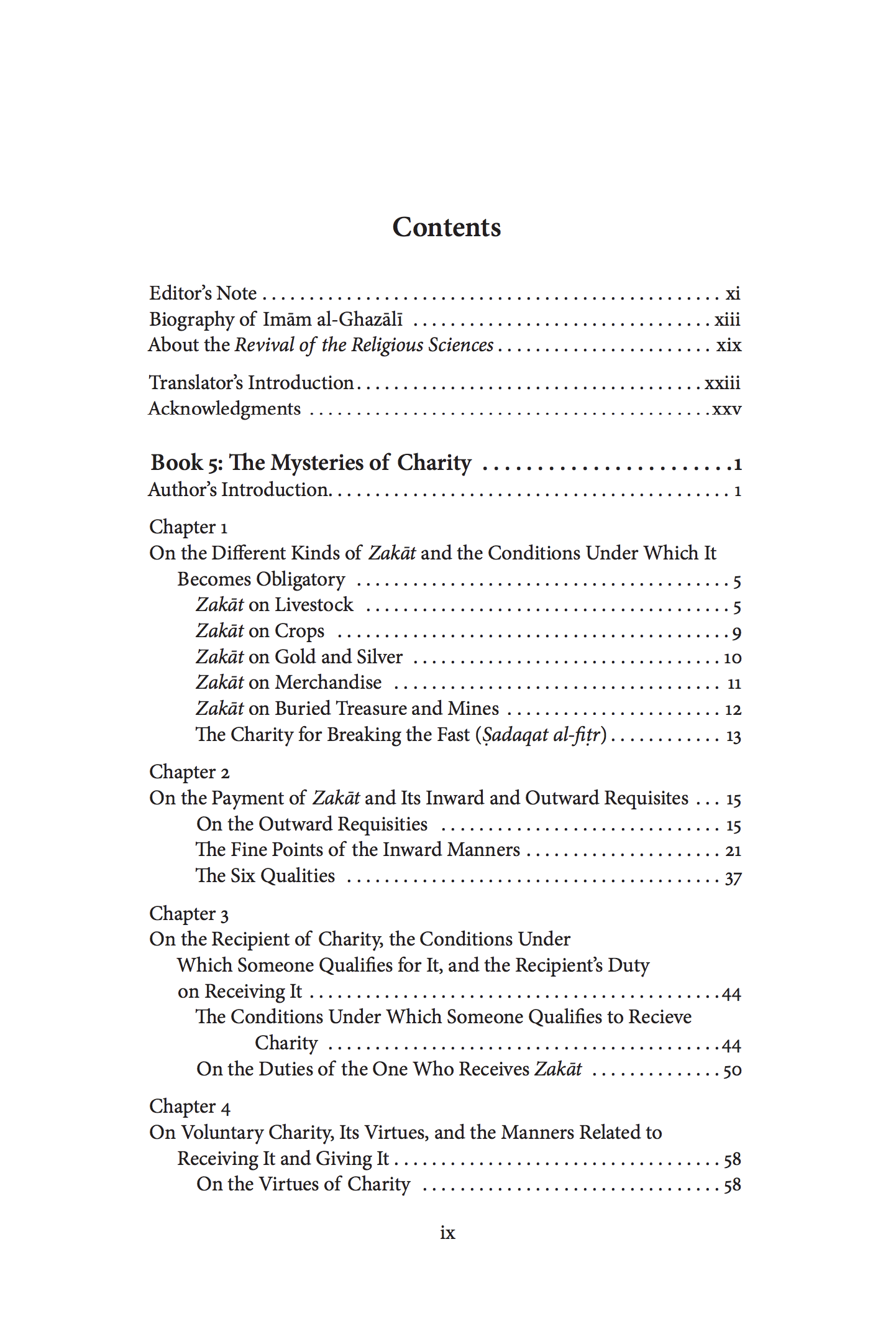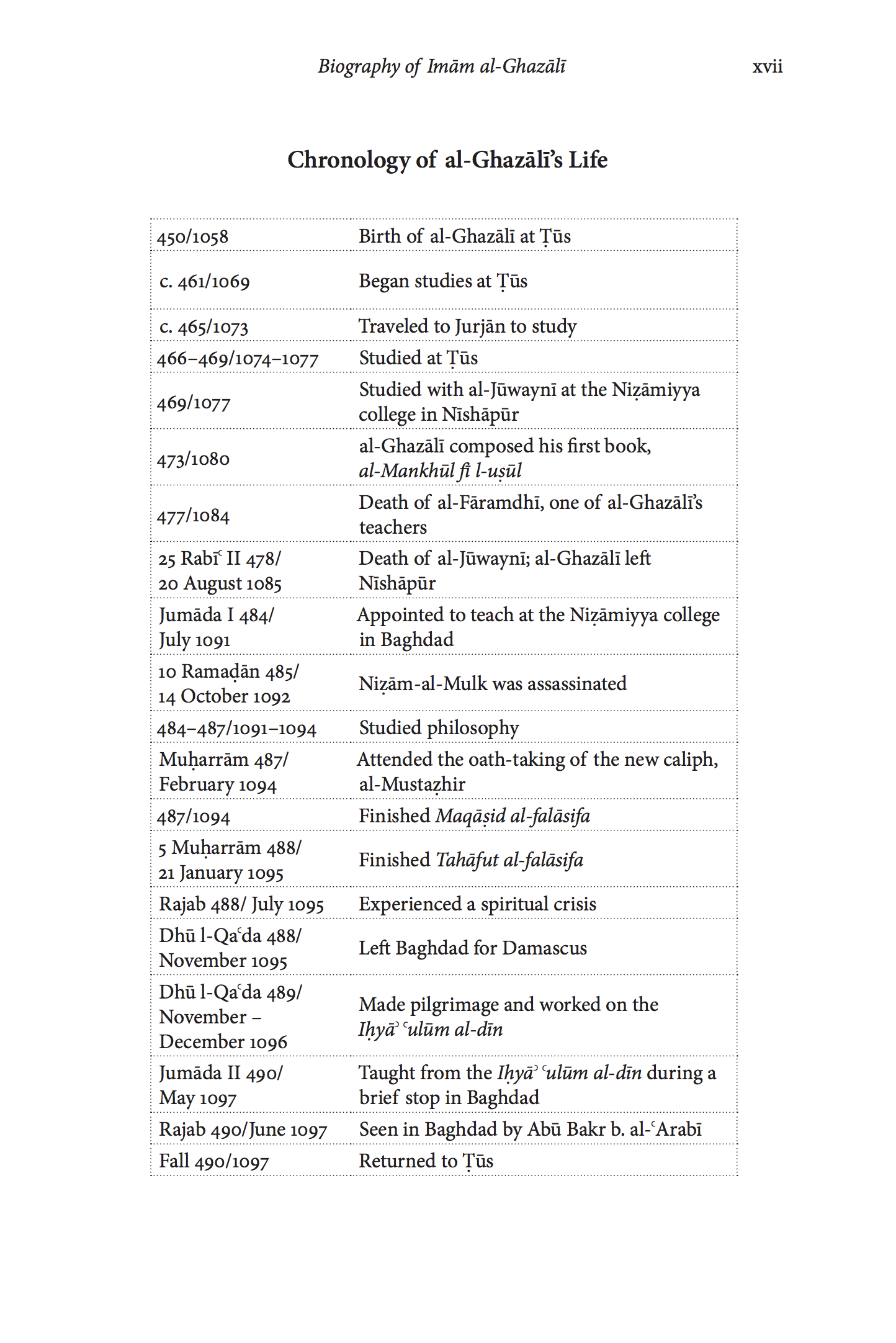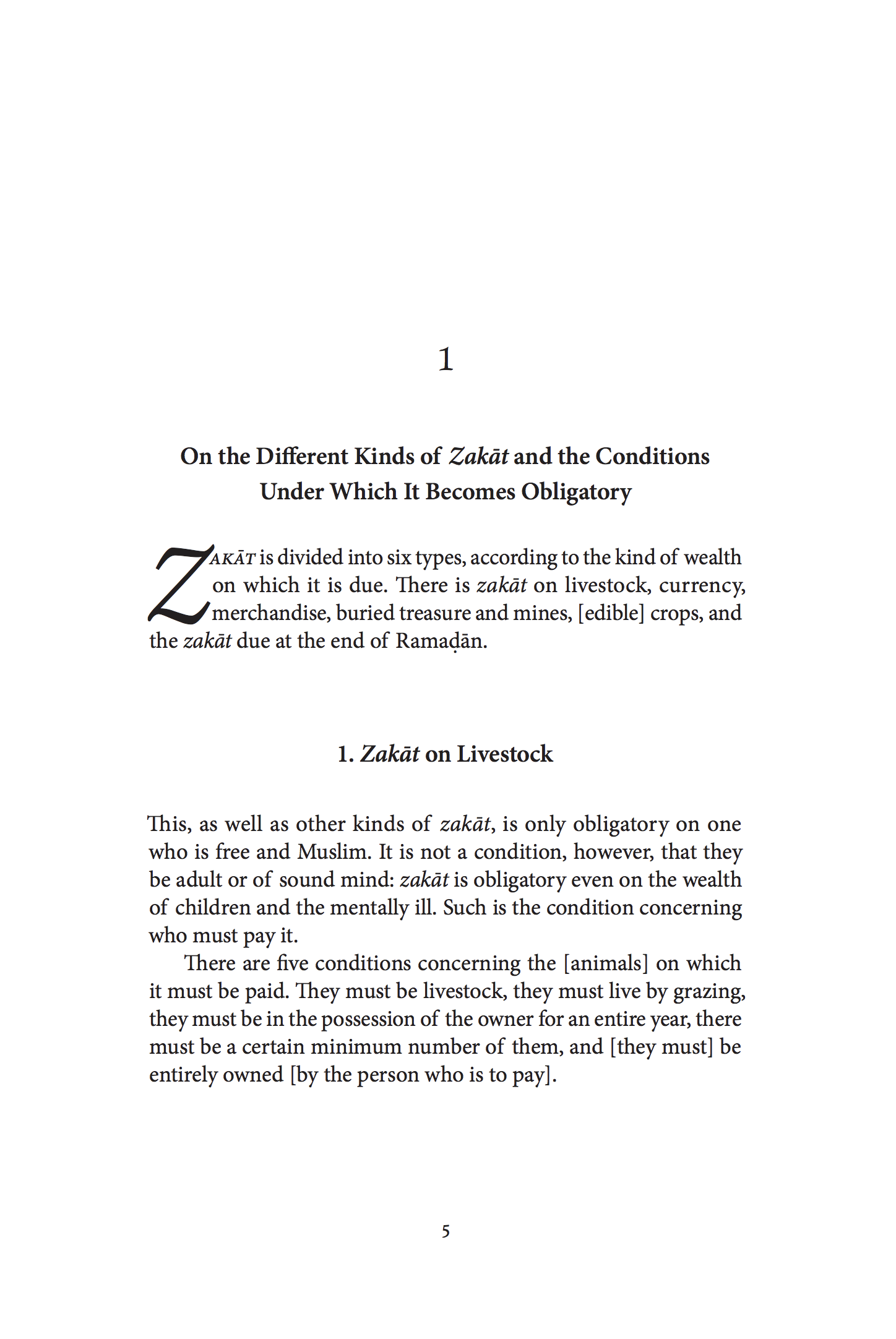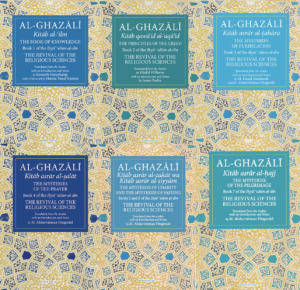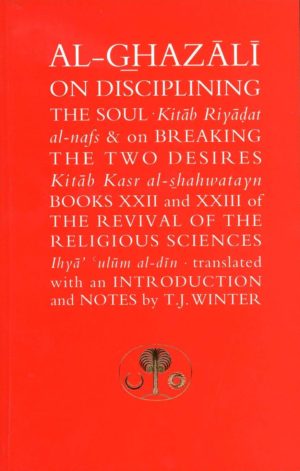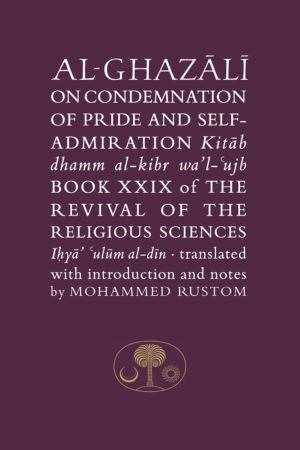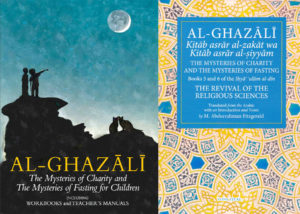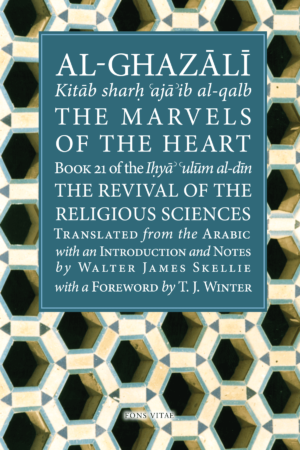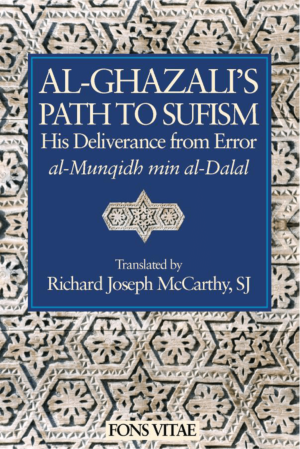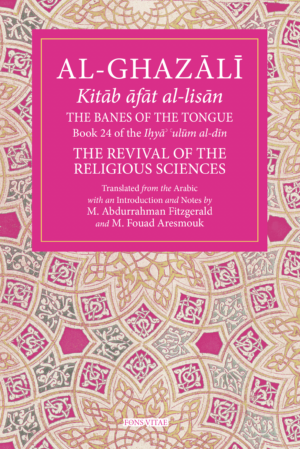In book 5 al-Ghazālī begins with a discussion of the various kinds of zakāt and the conditions under which they become obligatory. He explains the manners related to zakāt and its inward and outward conditions. He then discusses the recipients of zakāt, who qualifies for it and in what circumstances, and the manners related to receiving it. Finally, al-Ghazālī explains charity and its virtues.
In book 6 al-Ghazālī begins with the outward obligations and sunna elements of fasting, and what is required if the fast is broken. He explains the mysteries of fasting and its inner conditions. Finally, he discusses the voluntary fasts and their order in superogatory worship.
This readable yet comprehensive work covers an array of issues from the essential outward aspects of paying charity, to the inward aspects of the state of the heart during the fast and how to humble oneself completely. As a practical, yet profound book, it is an indispensable guide for Muslims who seek a deeper comprehension of these two fundamental practices for Muslims, and for all those interested in understanding the meaning and role of charity and fasting in Islam.
Abū Ḥāmid al-Ghazālī (d. 1111) was a leading scholar, jurist, and theologian of the golden age of Islam, and he remains its truest advocate in modern times. As a teacher of both inward and outward faith, he recorded these practical teachings in his forty-book compendium of Islamic knowledge.
The Mysteries of Charity
1: On the Different Kinds of Zakat and the Conditions Under Which it Becomes Obligatory
2: On the Payment of Zakat and Its Inward and Outward Requisites
3: On the Recipient of Charity, the Conditions Under Which Someone Qualifies for it, and the Recipient’s Duty on Receiving It
4: On Voluntary Charity, Its Virtues, and the Manners Related to Receiving It and Giving It
The Mysteries of Fasting
1: On The Outward Obligations and Sunna Elements of Fasting, and What Is Required If the Fast is Broken
2: On The Mysteries of Fasting and Its Inner Conditions
3: On Voluntary Fasting and Its Order in Supererogatory Worship
M. Abdurrahman Fitzgerald is the director of the Center for Language and Culture, Marrakesh. He has been involved in education and the study of Arabic, Islam, and Sufism for the past thirty years. He co-translated Ibn al-Qayyim on the Invocation of God worked on the editing and annotation of Denys Johnson-Davies’s translation of al-Ghazali’s Kitab adab al-akl, and on Dr. Kenneth Honerkamp’s edition of al-Rasa’il al-kubra by Ibn ‘Abbad. Originally from California, Abdurrahman Fitzgerald and his wife migrated to Morocco in the late 1970s. Since that time, he has been involved in education and the study of Arabic, Islam, and Sufism for the past thirty years. He co-translated Ibn al-Qayyim on the Invocation of God (Islamic Text Society, 2000), worked on the editing and annotation of Denys Johnson-Davies’s translation of al-Ghazali’s Kitab adab al-akl (Islamic Texts Society, 2000), and also on Dr. Kenneth Honerkamp’s edition of al-Rasail al-kubra by Ibn Abbad (Dar al-Machreq, 2005).
Other works translated with Fouad Aresmouk include The Immense Ocean, a portion of Ibn Ajiba’s Quranic commentary; The Book of Ascension, Ibn Ajiba’s spiritual glossary; and a portion of the work, Two Sufi Commentaries, all published by Fons Vitae. Abdurrahman holds degrees from the University of California and Shenandoah University, Virginia, and is the director of the Center for Language and Culture, Marrakesh.
